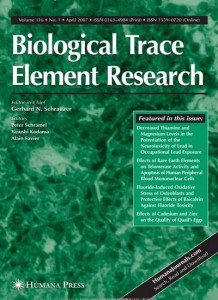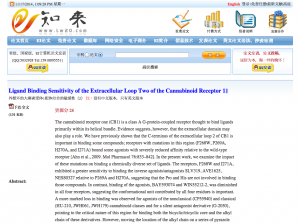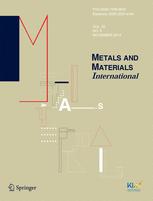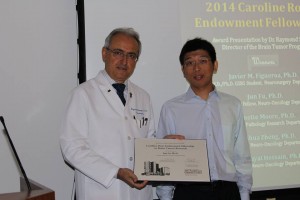 Nearly two decades after a Polish researcher plagiarized the work of a Turkish team, her theft has been exposed and the paper retracted.
Nearly two decades after a Polish researcher plagiarized the work of a Turkish team, her theft has been exposed and the paper retracted.
According to an article in Polish-language paper Gazeta Wyborcza, Jolanta Rzymowska of the Medical University of Lublin was the subject of two disciplinary hearings, the first in February 2014, following the discovery of her plagiarism by well-known Polish fraud hunter Marek Wronski. It was determined that her 1996 paper contained word-for-word text from a paper by a team at the University of Ankara.
Ultimately, Rzymowska was given an official reprimand, rather than any harsher disciplinary action, because she copied descriptions rather than results. From a Google translation of the article: Continue reading Leukemia paper retracted for plagiarism — 18 years later







